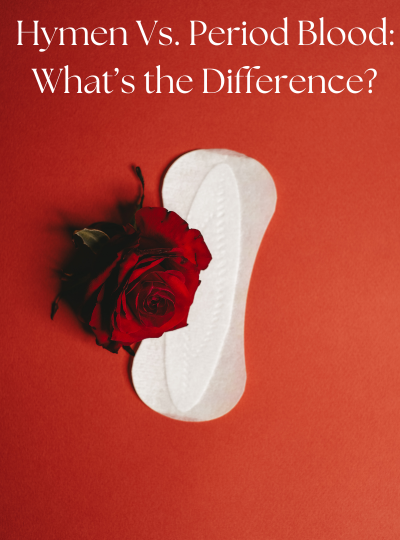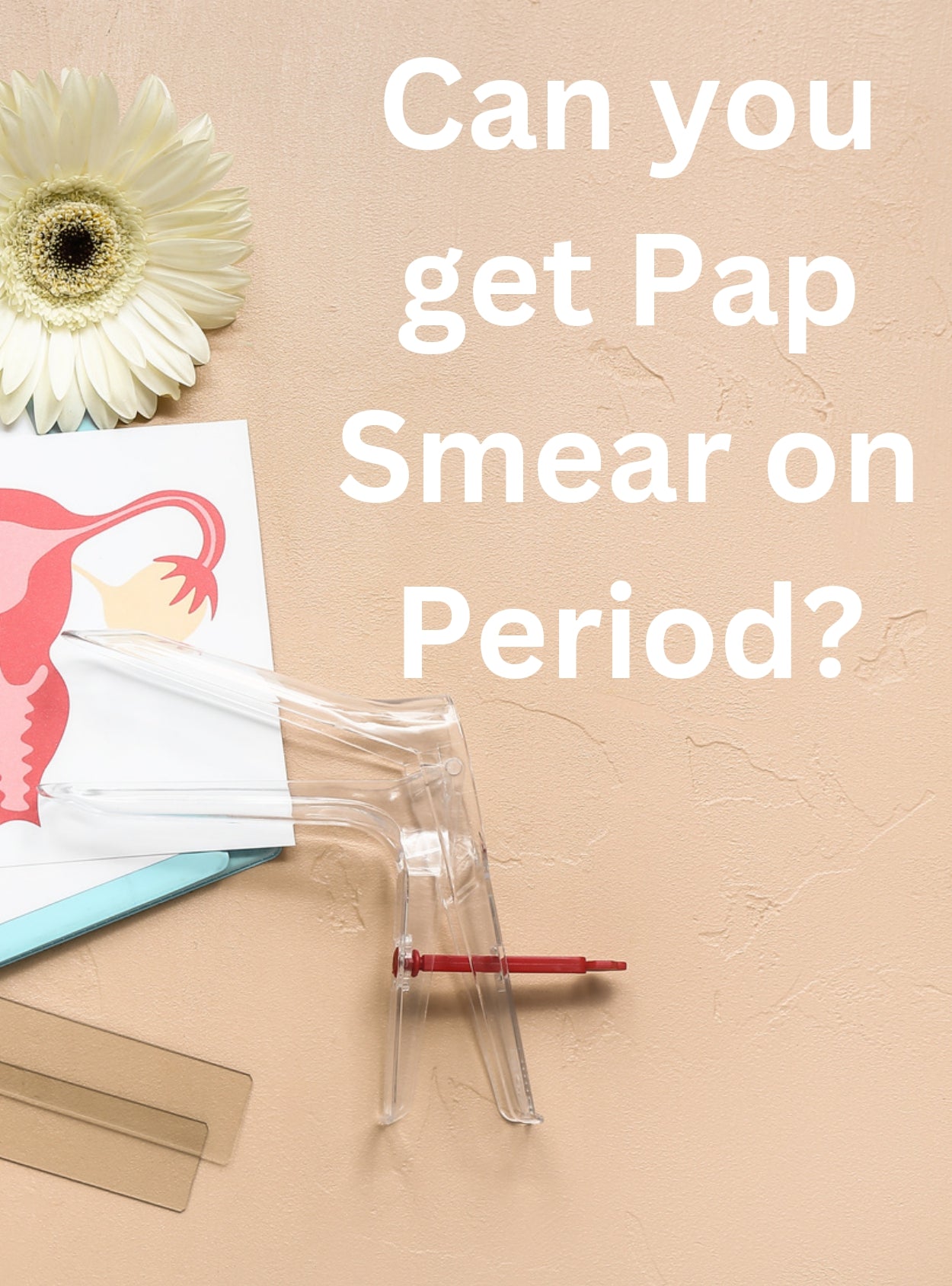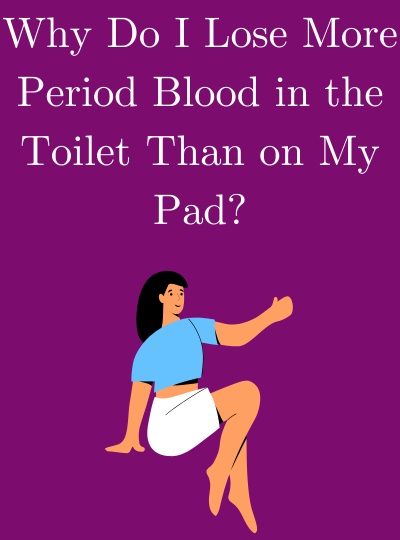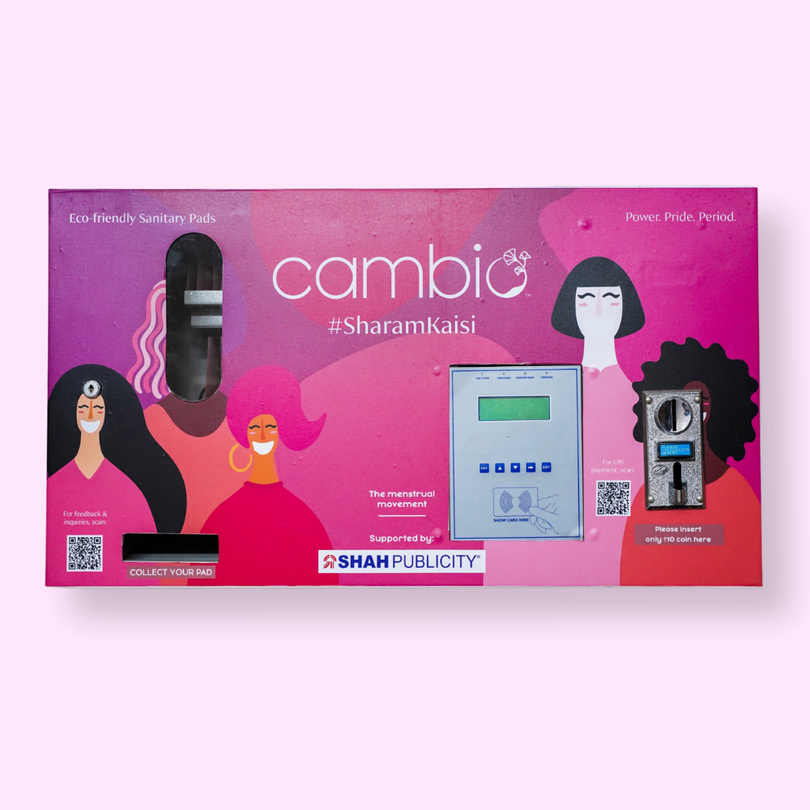Blog

Hymen Blood vs Period Blood - What’s The Difference?
Hymen blood and period blood differ in their origin and purpose. Hymen blood refers to the small amount of blood that may be released when the hymen, a thin membrane at the entrance of the vagina, ...

Is Chocolate Good for Period Cramps?
Yes, chocolates are good for cramps especially dark chocolates because dark chocolate, in particular, contains magnesium, which is a mineral that may play a role in muscle relaxation. Some studies ...

How to Get Periods Immediately to Avoid Pregnancy?
It's important to note that trying to induce your period or manipulate your menstrual cycle without proper medical guidance can be risky and may not be effective for preventing pregnancy. If you're...

Can you get a Pap Smear on Period?
It is not recommended to have a Pap smear during your menstrual period. Menstrual blood can interfere with the results of the Pap smear by obscuring the cells collected from the cervix, making it c...

Can You Eat Curd During Periods?
Yes, you can have curd (yoghurt) during your period. Curd contains beneficial probiotics, which can help improve gut health and support overall digestive health. It is also a good source of protein...

Why Do I Lose More Period Blood in the Toilet Than on My Pad?
While the exact reason for seeing more blood in the toilet bowl than on the pad can vary depending on the individual, it can often be due to heavy bleeding, a poor fit or absorption rate of the me...

Is Watery Period Blood a Sign of Pregnancy?
Watery period blood is not necessarily a sign of pregnancy on its own. The characteristics of menstrual blood can vary for various reasons, such as changes in hormone levels, hydration, and other ...

Clitoral Erection - Can Girls Get Boners?
Yes, girls can get boners. While the term "boner" is typically associated with male anatomy and refers to an erect penis, it's important to note that women can experience physiological changes in ...

How to Delay Your Periods?
You can delay your period using certain methods and medications. However, discussing these options with a healthcare professional before making any decisions is important. They can help you underst...







